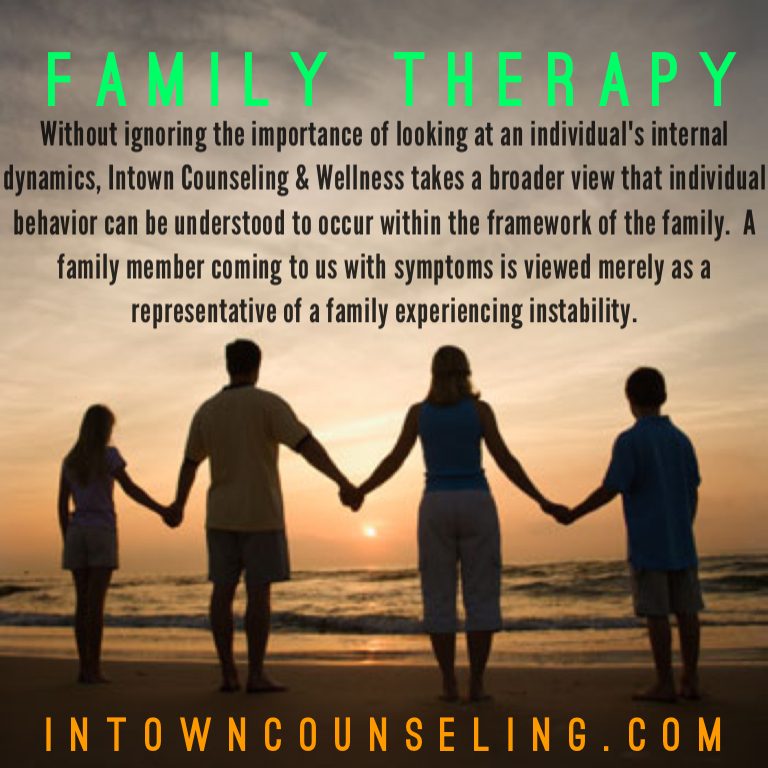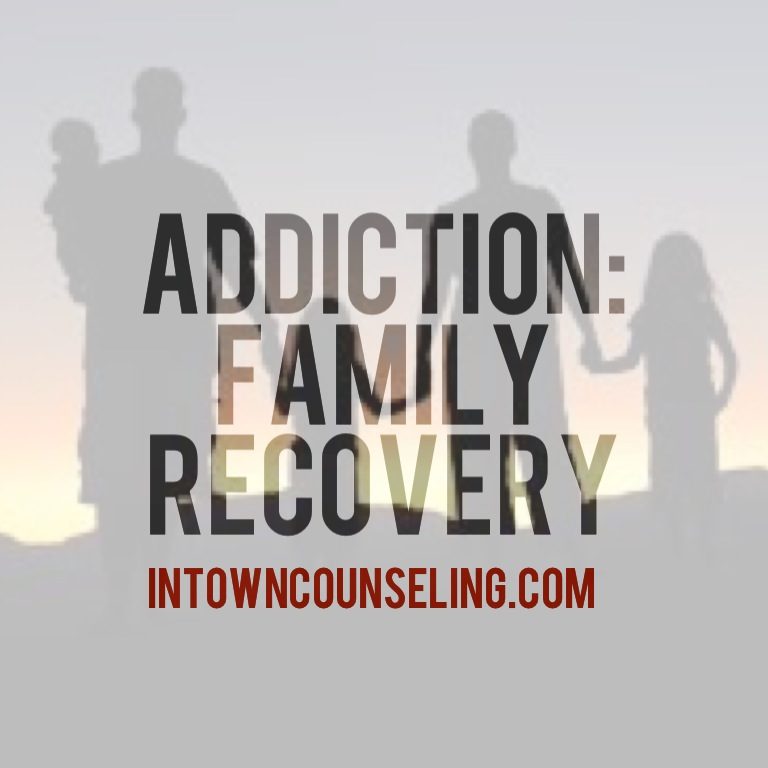What is Mindfulness and how it can be used to reduce Anxiety and Depression
Mindfulness has attracted a lot of attention from researchers and practitioners over the past 30 years and is the subject of a rapidly growing body of research. Studies suggests that the practice of mindfulness is helpful in alleviating the symptoms of many problems, including generalized anxiety, depression, borderline personality disorder, eating disorders and drug addiction, as well as improving one’s overall well-being.
So what is Mindfulness? The word “mindfulness” may conjure up images of yogis, incense, prayer flags and Buddhist monks, but simply put it’s the practice of “nonjudgmental, moment-to-moment awareness.” More specifically, mindfulness is a mental state achieved by focusing one’s awareness on the present moment, while calmly acknowledging and accepting one’s feelings, thoughts, and bodily sensations without judgment. You can think of it as a mental discipline that helps reduce a person’s tendency to react to one’s thought in ways that may lead to stress.
Most of our minds tend to become preoccupied with thinking about the past, planning for the future, and labeling and making judgments about our everyday experiences. While this is a normal human tendency, our racing minds can lead us to feel mad. I don’t know about you, but my brain seems to have a mind of its own! When we’re mindful we can observe our thoughts and feelings from a distance, without judging them as good or bad giving us the space to be present in the NOW.
I try to teach the concept of mindfulness to nearly every client who comes into my office these days. Even in small doses, mindfulness can help with mood regulation with impressive changes in how we feel and think. We can practice mindfulness at any time during the day and we can integrate mindfulness into our daily activities (washing dishes, doing the laundry, or even on your drive to work in the morning).
While mindfulness can be done anywhere, a formal meditation is also a helpful practice even if we only have a few minutes. Nothing complicated here, just quietly observe whatever enters your field of awareness—whether thoughts, emotions, or sensations—without emotionally reacting to or judging them. Think of your thoughts as clouds floating by in the sky of your mind and allow the clouds (thoughts) to gently pass without reacting to them. It will take some practice, but with time you’ll get better. If you prefer some guidance, there are plenty of guided meditations on the Internet. I like those found on the UCLA Mindfulness Awareness Research Center website.
For many this is a new concept, so experiment with the idea in your life and lean into it. Mindfulness is a fundamental concept in my counseling practice, so I will post more blogs on the subject.
Scott J. Leenan, MS, LPC, CRC
Executive Director & Therapist






